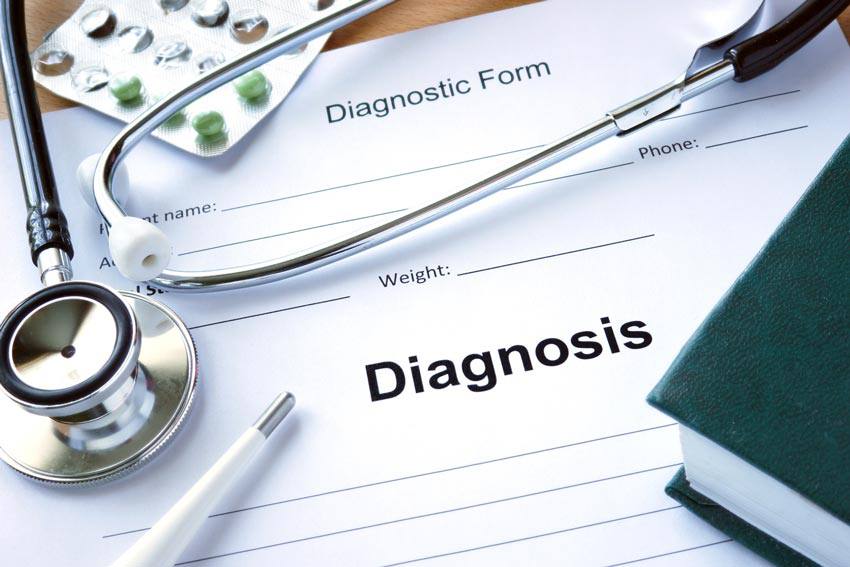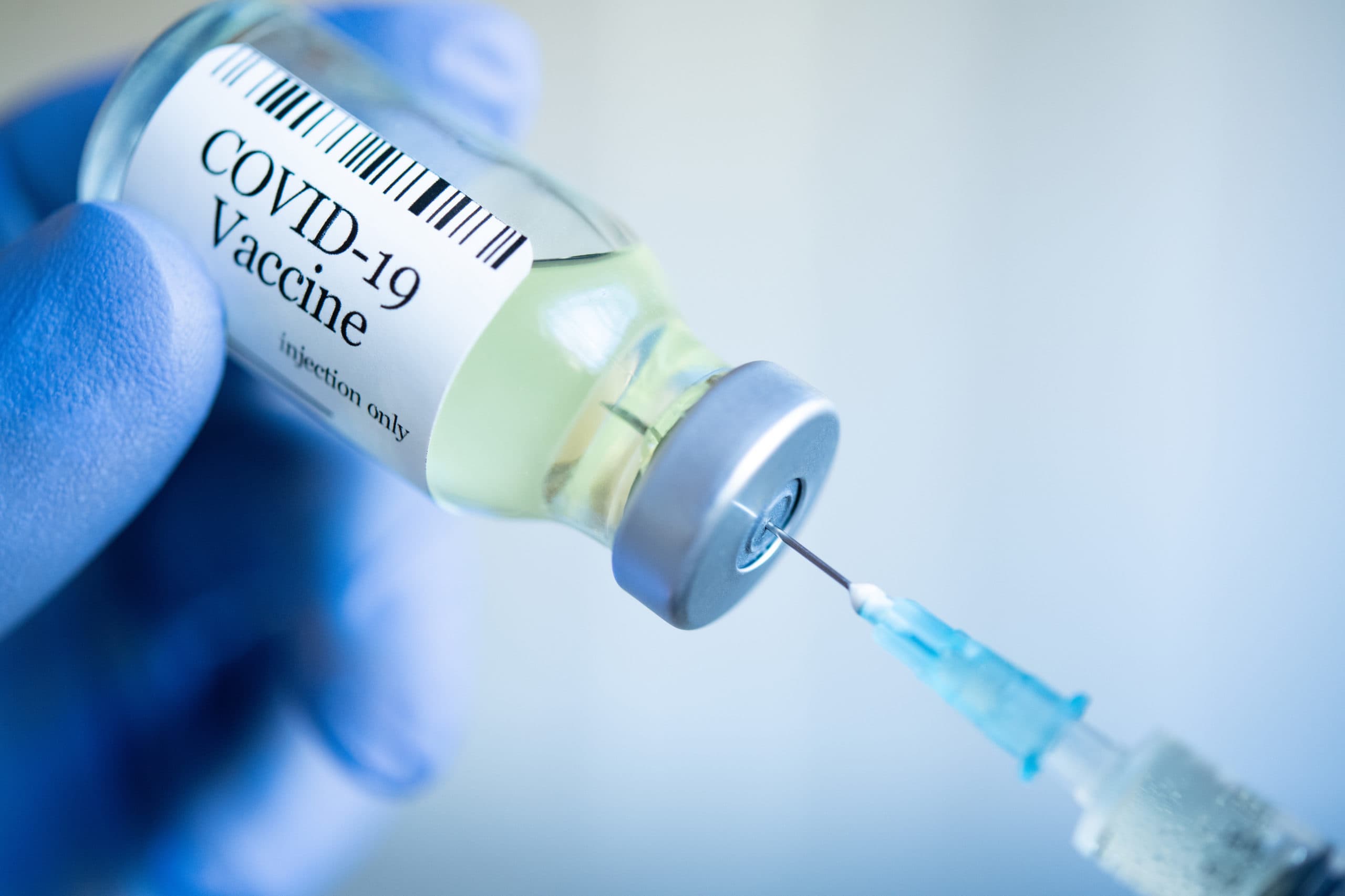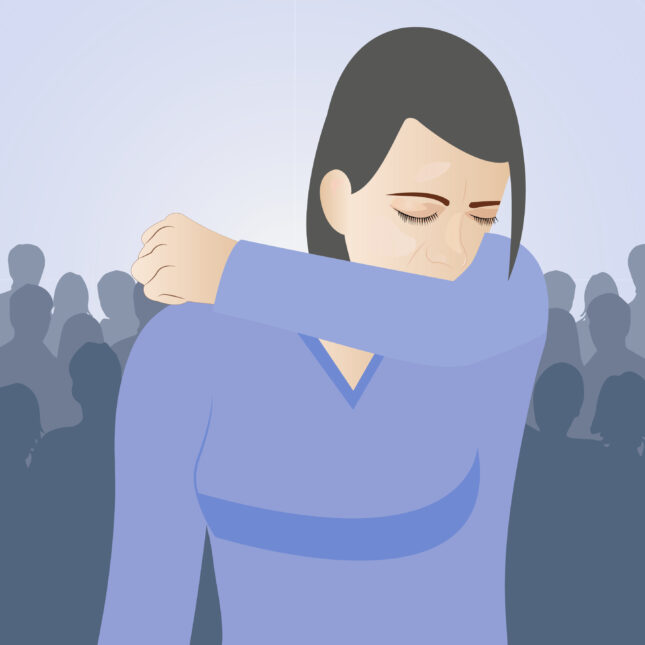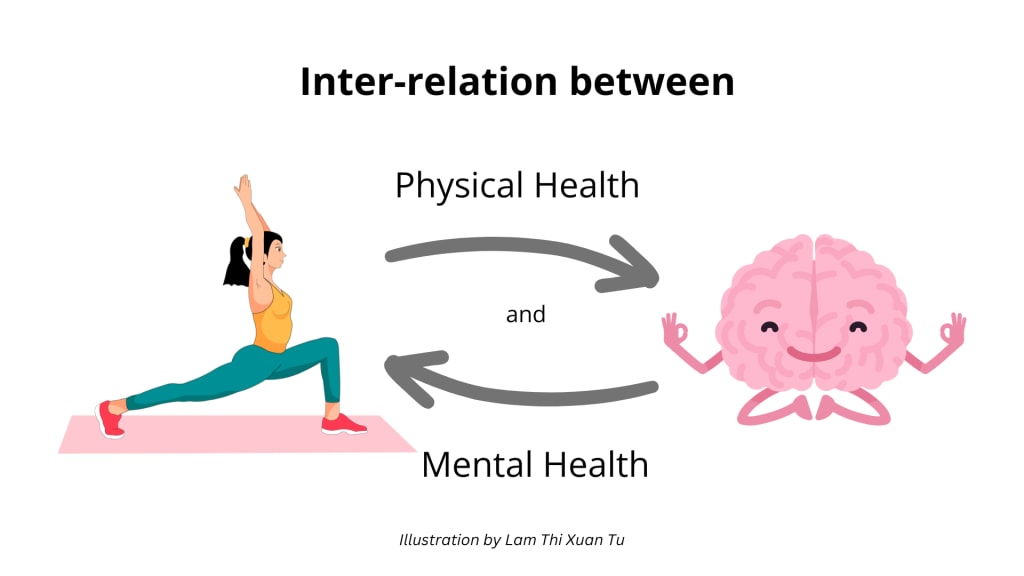What Is Long COVID?
Long COVID, also known as post-acute sequelae of SARS-CoV-2 infection (PASC), refers to a range of symptoms that persist for weeks or even months after the initial COVID-19 infection has cleared. While most people recover within a few weeks, some continue to experience health issues long after testing negative.
Common Long COVID Symptoms
According to data from the World Health Organization and CDC, the most common Long COVID symptoms include:
- Symptoms of fatigue include:
- - Extreme tiredness
- - Shortness of breath or difficulty breathing
- - Brain fog (trouble thinking or concentrating)
- - Chest pain or palpitations
- - Joint and muscle pain
- - Persistent cough
- - Anxiety and depression
- - Loss of taste or smell
- - Sleep disturbances
- - Headaches
These symptoms can vary in intensity and may affect different organ systems.
Who Is at Risk for Long COVID?
Long COVID can affect anyone, including those who had mild or asymptomatic cases. However, certain risk factors have been identified:
- Older adults
- People with underlying health conditions, such as diabetes, asthma, or heart disease
- Women (studies indicate slightly higher rates in females)
- Unvaccinated individuals
- Those who have experienced severe COVID-19
Diagnosing Long COVID

There is no single test to diagnose Long COVID. Diagnosis typically involves:
Reviewing medical history and COVID-19 timeline.
Conducting physical exams.
Running blood tests, imaging (CT scans), or lung function tests to rule out other causes.
A diagnosis is often made based on symptom persistence beyond 4 weeks post-infection.
Treatment Options for Long COVID
Currently, there is no universal cure for Long COVID, but there are effective ways to manage and relieve symptoms. Treatment is symptom-specific and may include:
1. Fatigue Management.
Pacing and energy conservation techniques
Light physical activity and gradual exercise routines
2. Breathing Support
Pulmonary rehabilitation
Breathing exercises and physiotherapy
3. Neurological Symptoms
Cognitive therapy for brain fog
Stress reduction techniques (mindfulness, meditation)
4. Mental Health Care
Counseling or psychotherapy
Medication for anxiety or depression if needed
5. Diet & Nutrition
Anti-inflammatory diets
Nutritional supplements (under medical supervision)
Long COVID Recovery Tips
Recovery from Long COVID is a gradual process. These tips can help:
Get plenty of rest and listen to your body
Stay well-hydrated and eat balanced meals.
Avoid overexertion to prevent relapses
Track your symptoms in a journal to report to your healthcare provider
Join support groups to connect with others experiencing Long COVID
Prevention: Can Vaccination Help?

Yes. Studies show that COVID-19 vaccination significantly decreases the risk of developing Long COVID. It also reduces the severity of symptoms if a breakthrough infection happens.
CONCLUSION.
Long COVID is a real and difficult condition, but it can be managed with proper care, patience, and professional guidance. If you experience symptoms that last longer than four weeks after a COVID-19 infection, consult a healthcare provider for evaluation and support.
share with

Mesha M. Founder
"Explore a world of inspiration and empowerment at RealtimeArticles. Dive into our curated articles for insights, reflection, and shared growth. Join our community on a journey of discovery and evolution!"





Comments
Coming Soon!
POST YOUR COMMENTS